The US Treasury Department’s Financial Crimes Enforcement Network (FinCEN) has escalated its crackdown on crypto mixers, labeling them as critical hubs for illicit financial activities.
In a move to intensify oversight of digital currency transactions, the agency unveiled a Notice of Proposed Rule Making (NPRM) over the weekend, singling out crypto transaction mixing as a prime concern in the realm of money laundering.
Cryptocurrency mixers, also known as tumblers, are services that shuffle digital assets to obscure their origin, making them challenging to trace. This blending process often involves pooling funds from various sources and then redistributing them to different addresses, effectively severing the transaction trail.
With the rapid proliferation of cryptocurrencies and their rising adoption, these mixers have emerged as a favored tool for perpetrators seeking to cleanse ill-gotten funds.
FinCEN Takes Aim At Crypto Mixers
FinCEN’s proposed rule seeks to mandate that regulated financial institutions flag transactions exhibiting signs of involvement in mixing, particularly those originating outside the United States. By ramping up reporting requirements, the agency aims to bolster transparency and tackle the proliferation of illegal financial flows facilitated by these obscure transactions.
However, concerns loom large over the practical effectiveness of the proposed measures, especially given the intricate decentralized and pseudonymous nature of the cryptocurrency landscape.
The latest regulatory offensive spearheaded by the Treasury Department builds on prior actions initiated last year. Notably, platforms such as Blender.io and Tornado Cash have been squarely in the crosshairs of US authorities, with accusations of aiding North Korean money laundering activities. The allegations against Tornado Cash gained further weight with the revelation that over $7 billion had been laundered through the platform since 2019, as disclosed by the Office of Foreign Assets Control (OFAC).
Potential Impact
One significant impact of the proposed rule is the uncertainty surrounding its enforcement. Cryptocurrencies are inherently decentralized and pseudonymous, making it challenging for regulators to identify the individuals or entities involved in mixing transactions.
The real-world effectiveness of these regulations remains a point of contention, and adapting to the constantly evolving nature of cryptocurrencies will present ongoing challenges for enforcement agencies.
Moreover, privacy-focused cryptocurrencies, often used in combination with mixers to enhance anonymity, may face increased regulatory pressure. Coins like Monero and Zcash, which offer enhanced privacy features, might see their usage constrained as regulators aim to crack down on mixing services. This could lead to a decline in the popularity and adoption of privacy coins.
While regulatory actions such as those proposed by FinCEN undoubtedly signal a commitment to combat money laundering, the evolving and sophisticated methods employed by bad actors continue to test the boundaries of oversight and regulation in the ever-expanding realm of digital assets.
Featured image from Techlazy.com

You can get bonuses upto $100 FREE BONUS when you:
💰 Install these recommended apps:
💲 SocialGood - 100% Crypto Back on Everyday Shopping
💲 xPortal - The DeFi For The Next Billion
💲 CryptoTab Browser - Lightweight, fast, and ready to mine!
💰 Register on these recommended exchanges:
🟡 Binance🟡 Bitfinex🟡 Bitmart🟡 Bittrex🟡 Bitget
🟡 CoinEx🟡 Crypto.com🟡 Gate.io🟡 Huobi🟡 Kucoin.
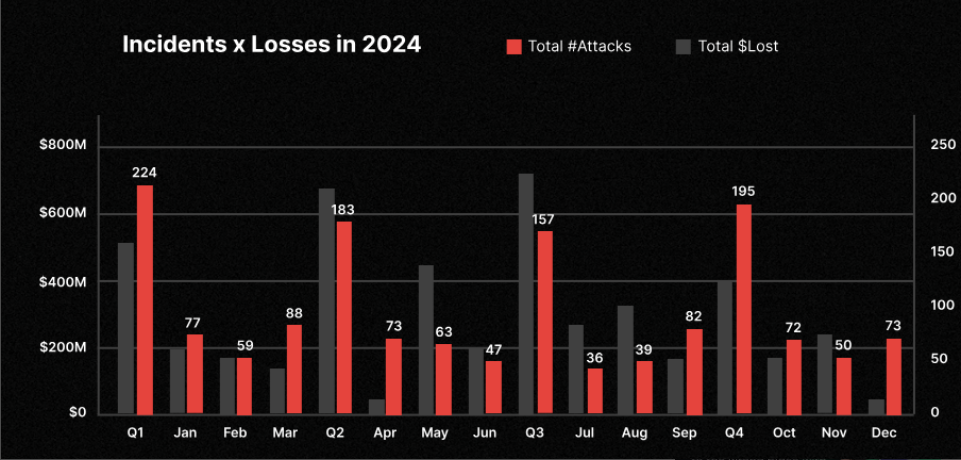
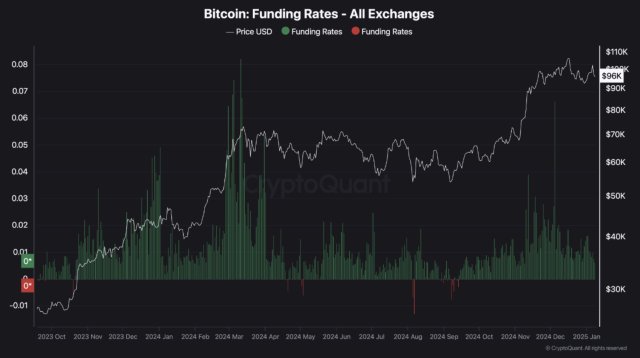



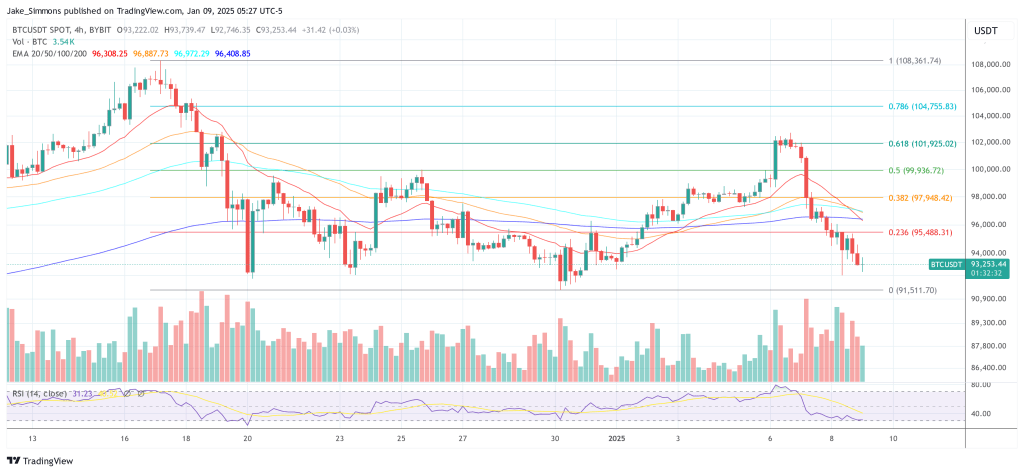





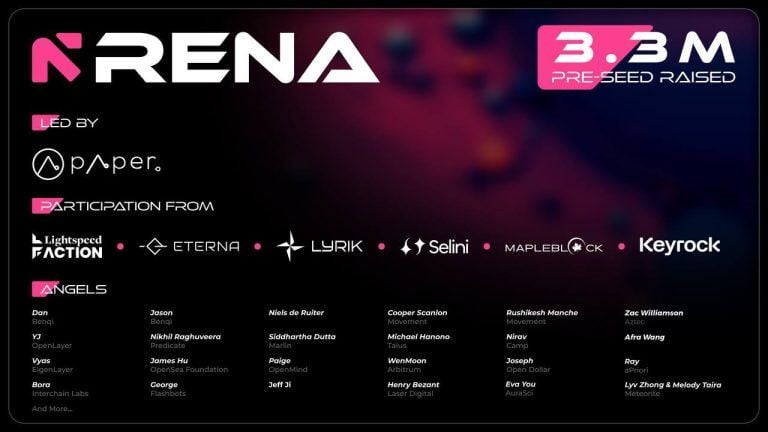





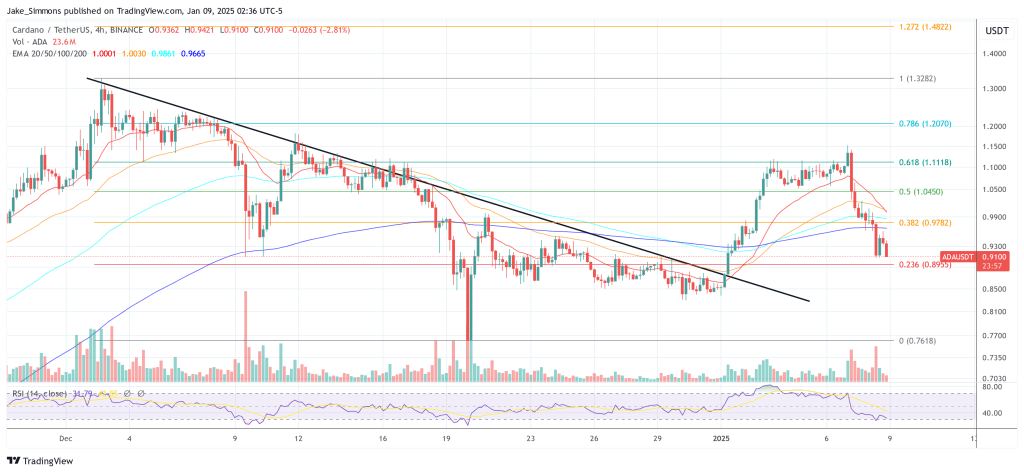


Comments